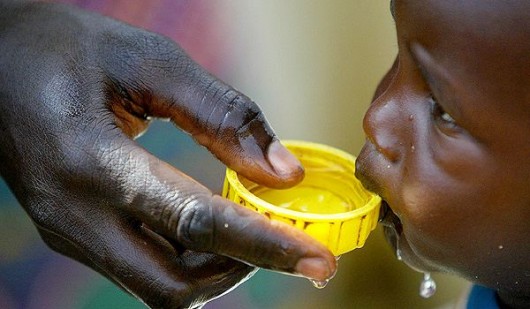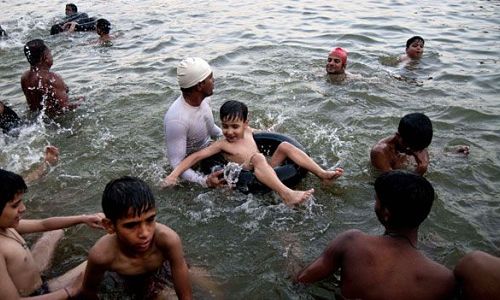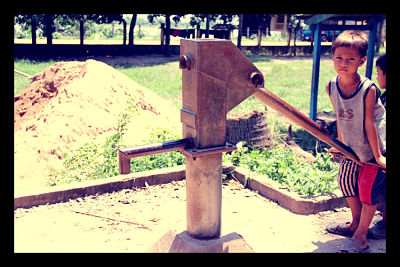
The statistics concerning the global water crisis are staggering, especially in developing countries.
- 1 in 9 people or roughly 783 million individuals globally are unable to obtain safe drinking water.
- In developing countries, one-third of all schools, as well as one-third of all health care facilities, lack safe water and adequate sanitation.
- According to the World Health Organization, 3,900 children globally die each day as a result of waterborne diseases.
- 1.8 million people die every year of diarrhoeal diseases obtained from drinking unclean water.
- The illnesses caused by drinking unclean water as well as the many hours a day devoted to collecting this water, take away from and severely decrease the quality of life for entire communities.
- According to the United Nations, by itself, Sub-Saharan Africa loses 40 billion hours per year collecting water.
These are just a few of the shocking statistics that highlight the seriousness of the global water crisis. However, by donating and investing in initiatives that are environmentally safe and cost-effective it is possible to turn back the tide of the growing global water crisis.
Students, especially girls, who no longer have to focus time and effort on collecting water, can devote more time to attending school. With the addition of safe and sanitary latrine areas, girls can also stay in school throughout their teenage years following puberty.
With access to water, food security can become a reality in developing countries. Fewer crops will be lost and schools can begin to feed their students through the use of their own gardens, which will slash costs.
Access to clean water also means clean hands which lead to healthier bodies. People can focus on ending the cycle of poverty instead of succumbing to water-related sicknesses.
Clear cut access to clean water can also help alleviate conflicts over 276 transboundary river basins. An improved understanding of proper sanitation can increase access to clean water and significantly reduce pollution through unsanitary practices such as waste dumping into these river basins.
According to The Water Project, access to clean water alone can go a long way towards breaking the cycle of poverty for millions of people. All that is needed is to act upon this knowledge.
– Drusilla Gibbs
Sources: World Water Council, Water, The Water Project
Photo: Occupy For Animals

 As the Syrian rainfall dwindles to its lowest annual point in July and power outages halt piped water supplies to Aleppo,
As the Syrian rainfall dwindles to its lowest annual point in July and power outages halt piped water supplies to Aleppo, 